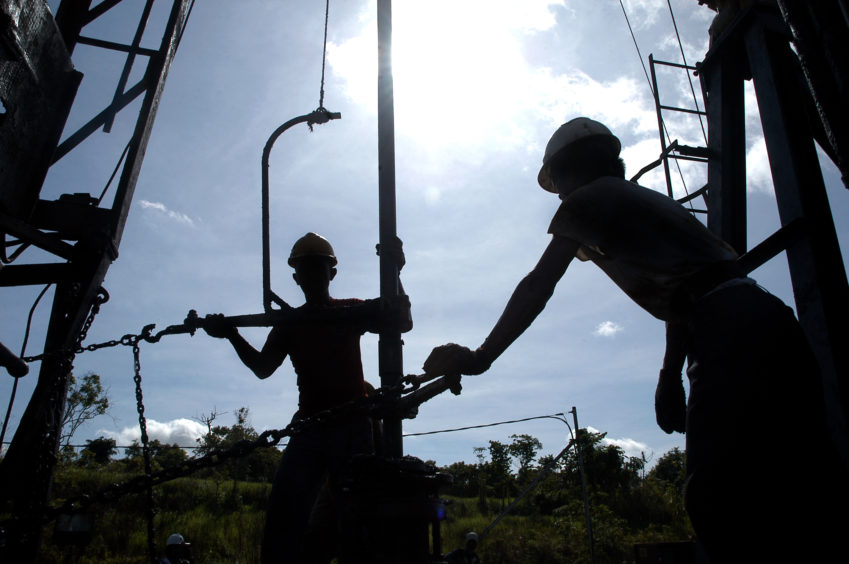
Rumours have surfaced again about ExxonMobil (NYSE:XOM) potentially seeking to divest its Indonesia assets. ExxonMobil operates the giant Cepu Block, which is Indonesia’s largest producing oil project.
Eddy Soeparno, deputy chairman of Commission VII, a special parliamentary committee devoted to energy and mining, recently mentioned during a discussion at Indonesia’s House of Representatives, that there are rumours of ExxonMobil planning to exit the Cepu Block.
This would be a major blow to Indonesia’s upstream sector following major divestments from other big oil companies, such as ConocoPhillips. Shell is also seeking to divest its share of the Inpex-led Masela project and Chevron is seeking a buyer for its Indonesia Deepwater Development (IDD).
As a result, Soeparno said that the government must improve the investment climate, reported local media.
Upstream regulator SKK Migas said it has not seen any indication of a formal process for ExxonMobil to exit the Cepu Block. Adding that it strives to encourage the investment climate through legal certainty, fiscal incentives, and taxation measures that support the field’s economics.
Last December, Energy Voice reported that ExxonMobil was planning to increase its investment in Indonesia’s giant Cepu Block by $170 million. The investment is expected to increase oil output by 20,000 barrels per day.
Prior to that, ExxonMobil has said that it was planning to restart exploration drilling at its Cepu Block – despite rumours that it was looking to divest its interest – in a bid to find new reserves. Cepu, which holds the Banyu Urip project, one of Southeast Asia’s biggest oil developments, is Indonesia’s largest oil producing block.
Total output from the Cepu Block, which started up in 2016 and is Indonesia’s largest oil production area, hit 500 million barrels of oil, beating the target of 450 million barrels in the initial plan of development (PoD), SKK Migas reported last October.
In May, ExxonMobil and Pertamina, the state-owned energy company of Indonesia, signed a joint study agreement to assess the potential for large-scale implementation of lower-emissions technologies, including carbon capture and storage (CCS), as well as hydrogen production, reported Energy Voice.
ExxonMobil holds 45% of the total participating interest in the Cepu Block, officially known as the Cepu Cooperation Contract (KKS). The Cepu KKS, operated by ExxonMobil will continue until 2035.
The Cepu Cooperation Contract (KKS) was signed on 17 September 2005 and covers the Cepu contract area in Central Java and East Java. ExxonMobil Cepu Limited (EMCL), Ampolex Cepu PTE LTD., PT Pertamina EP Cepu and four local government companies, PT Sarana Patra Hulu Cepu (Central Java), PT Asri Dharma Sejahtera (Bojonegoro), PT Blora Patragas Hulu (Blora) and PT Petrogas Jatim Utama Cendana (East Java) together constitute the Contractor under the Cepu KKS.
